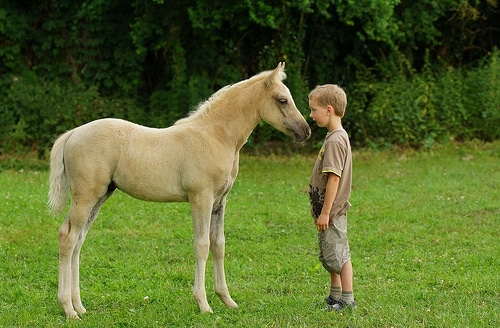 Culture & Ethics
Culture & Ethics
 Faith & Science
Faith & Science
A Rare Media Defense of Human Exceptionalism

The media and the academy love anti-human exceptionalists. Why? I believe the unremitting assault on unique human value — animal rights, nature rights, transhumanism, bioethics — aims to break the spine of Judeo-Christian moral philosophy (not the faiths principally, but yes, in the end them too). That, in turn, is toward the end of destroying perceived moralism and opening the door to treating the most weak and vulnerable among us as objects.
It is rare to see much space devoted in mainstream media outlets to defending human exceptionalism. Hence I want to compliment Australian Broadcasting Corporation’s Joe Golenesi for presenting British philosopher Timothy Chappell’s rebuttal to the noxious idea that chimps can be “persons.” This comes in a column about Steven Wise’s lawsuit to obtain a chimp writ of habeas corpus.
Chappell seems to reject the dangerous notion that our value comes from our capacities at the moment of taking our pulse. Rather, our value is intrinsic to being human. From “Is Personhood an Animal Right or a Human Privilege?” (my emphasis):
What Chappell sees in the application of the checklist is pure horse-before-the-cart-ism. Persons, as Chappell sees it, exist first; the list can still be applied but it’s to a person already-made. This distinctiveness is ours, and ours only to share in what Chappell calls the ‘primary moral constituency’.
It matters that we are a species, and it matters that there are other species. For us though, our primary moral constituency is humankind, and it precedes lists of criteria and properties that might be applied to individual members.
Golenis explains:
Chappell’s notion of the primary moral constituency sets up an arena where we undertake meaningful and reciprocal moral relations — the sorts of relationships that can only exist intra-species, and has ultimately little to do with the power relations inherent in the idea of speciesism.
‘I think we lose something very important if we lose sight of that idea that what species you’re in does actually have some basic moral significance. I think that idea is just true. The basic campaign against speciesism has often been based on misunderstandings of that.’
Chappell rejects the cheap and intellectually vacuous canard — oft aimed in my direction — that since we human exceptionalists believe that humans have primary value, we must also believe that no other species matters:
‘There is often a danger in the debate of making it sound like that only humans matter morally and it’s only with humans that we can have deep and valuable relationships. I think that is patently and obviously false. There have been plenty of individuals for whom their most significant relationships were with beings of other species such as dogs.’
Exactly. The whole concept of animal rights is a misnomer — since no animal would have any rights in relationship to other animals. Instead, the question depends exclusively on the extent of human duties — with animal-rights believers claiming that we have a radical self-sacrificial obligation to treat animals as we want people treated.
Only we have the capacity to be that (stupidly) altruistic and self-destructive. Ironically, this radical quest itself proves: We are exceptional!
